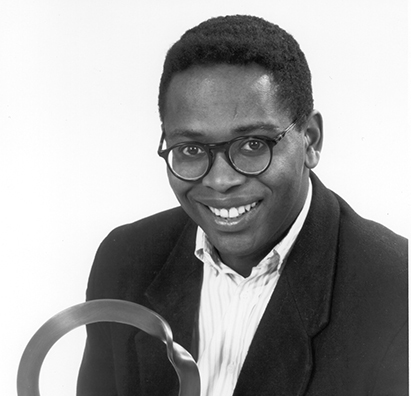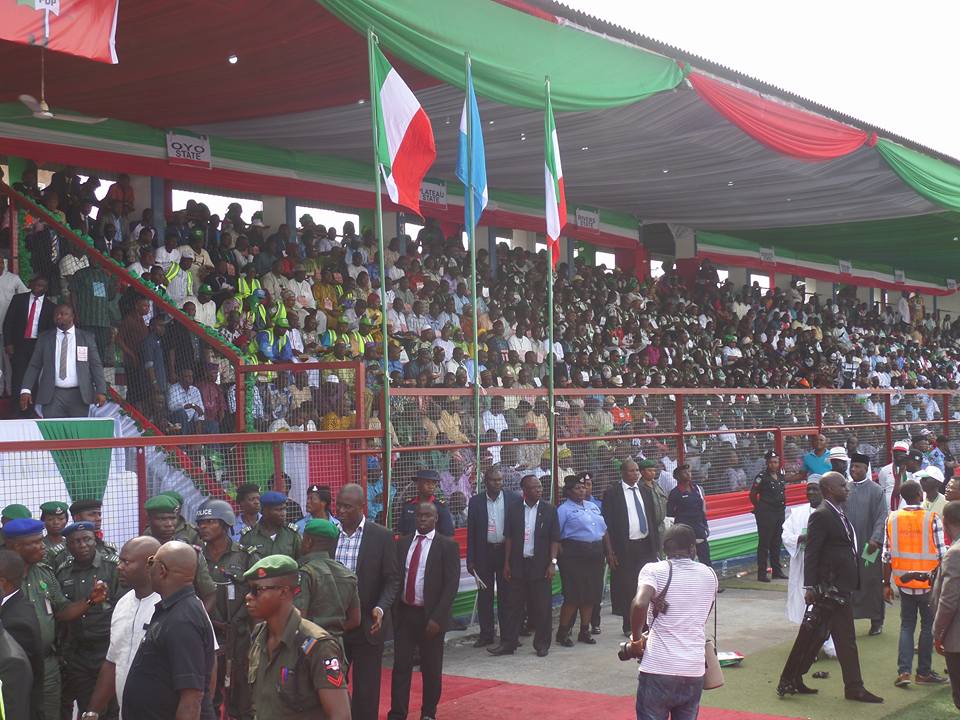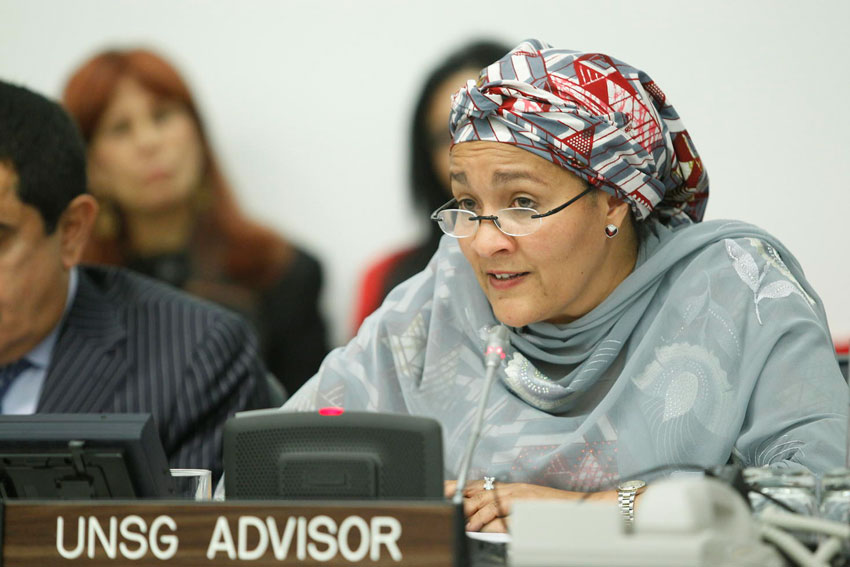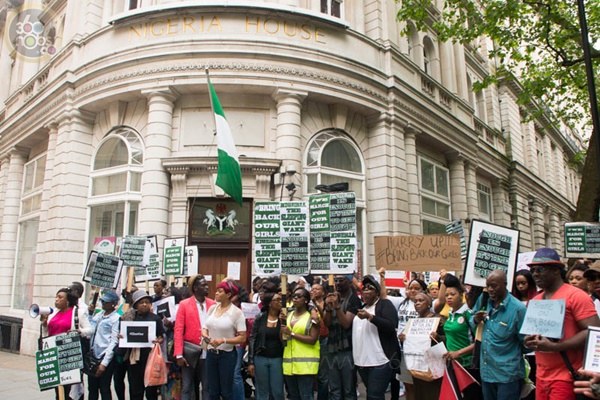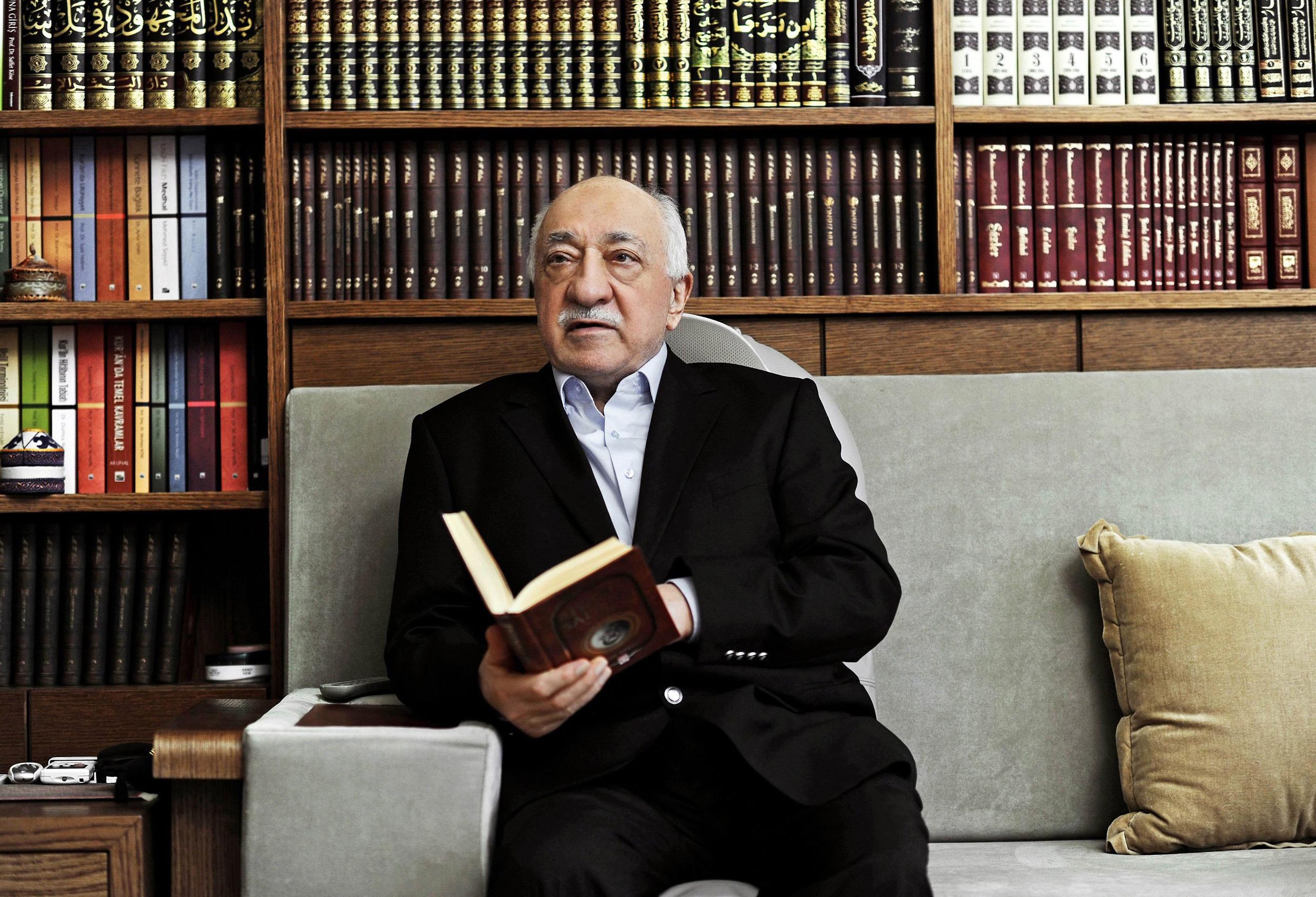BY BEKEME MASADE
Life indeed is only a journey. When I heard that Ken Saro-Wiwa Jr had died, I was dumbstruck. I was scrolling through my BBM messages on my iphone when I saw his photo and a RIP message on Nkiru Asika of Storm Records, profile photo at 12:33am of Wednesday, the 19th of October, 2016.
I was astounded! My first words were: “Ken Saro-Wiwa? Can’t be!”. Astounded because just about a week before, I had seen a Facebook alert of photos that he had put up of his first son as a freshman at University and friends were commenting on the gorgeous young man’s photo. Terrible, she said, but yes, Ken Saro-Wiwa had died of heart and lung complications in a London hospital, on Tuesday 18 October, 2016. He was 47 years old.
If you met Ken Saro Wiwa Jr, you would agree that empathy and service to mankind runs through the veins of the Saro-Wiwas. A brief search on two of his siblings, twins, Noo and Zina Saro-Wiwa, emphasise that assumption. All in the media profession, just like their father before them, the siblings have carved a path for themselves through local and international media, using various forms of engaging artistic expressions, including words, photo and videography and artwork. Papa Ken Saro-Wiwa, must be smiling down in happiness for the self-aware, community-inclined, self-determined and accomplished offspring that he left behind.
Advertisement
Born Kenule “Ken” Saro-Wiwa Jr, he was the first son of the late activist, Kenule “Ken” Beeson Saro-Wiwa. Ken Saro-Wiwa Sr was a co-founder of Movement for the Survival of the Ogoni People (MOSOP), a popular playwright and the symbol for the movement of justice for the Ogoni people. Saro-Wiwa Sr, a peaceful agitator for justice for Ogoni, was hanged for his alleged involvement in the murder of four Ogoni chiefs, by the dictatorship government of General Sani Abachi in 1995.
In 2011, a United Nations Environmental Programme (UNEP) report titled UNEP Environmental Assessment of Ogoniland was released, following an assessment which Ken was credited to have facilitated behind the scenes. The report was submitted to the Federal Government of Nigeria and showed how 5 decades of irresponsible crude oil extraction in Ogoniland had caused severe environmental pollution to the Rivers State locality. Part of the observations of UNEP’s scientific assessment was the presence of benzene in wells in Nisisioken Ogale area of Ogoni at a level over 900 per cent; higher than the accepted World Health Organisation guidelines.
I met Ken Saro-Wiwa, through Caterina Bortolussi of Kinabuti, a sometimes social reform partner, who knowing of our work on good governance in the extractive industries, thought it would be a good idea to meet him. Katerina had been working with the girls from the swamps of Cross Rivers State on fashion designing as a means of lifting themselves out of the ordinary, and had been engaging Ken during the course of her work. This was in 2013, and he was serving as an aide to President Goodluck Jonathan as senior special assistant on civil society and international media. Prior to this indigenous assignment, Ken had been appointed President Olusegun Obasanjo’s special assistant on peace, conflict resolution and reconciliation in 2005, and then subsequently served as special assistant on international affairs to President Umaru Yar’Adua. Just by talking to him, you would never have guessed; he was the most humble, unassuming and engaging man.
Advertisement
I spoke with Ken on my ambition for SITEI (our annual stakeholder-focused conference on Sustainability in the Extractive Industries, which was then in it’s second year) and how we wanted him and the government to participate. Ken did seem to buy into our vision, and although he couldn’t participate as we had requested – either because of his stance with MOSOP or because he had urgent and spontaneous demands on his time from the government – he committed time to discussing opportunities for the cause. He made sure that when we met up in New York during the annual United Nations General Assembly in 2011, that he took brought me into the circle of prominent Nigerian government administrators at their opulent base at Ritz Carlton, Central Park, New York. I remember him laughing and telling me that he refused to expend so much on accommodation and so he daily made his way from more affordable lodgings across town to his meetings. Although he was with them, he was still clearly an outsider, perhaps because of the values that he stood for. He kept up the relationship, even though we didn’t ‘need’ to, and even though I can be such a recluse.
Ken was a deliberate, courteous and intellectually savvy man. In an article for online news platform thecable.ng, titled The Day My Father Died, something he said would have struck an astute reader. He said: “On the day my father was executed I was interviewed by David Frost and when he asked me about Shell I very deliberately answered that Shell were part of the problem and must be part of the solution. I knew what I was saying and I knew the risks I was taking then. I still believe in those words but Shell remains part of the problem in the Niger Delta but my feeling is that the company mistakenly believes it can ride out the crisis and return to Ogoni one day.” That was Ken, he could pass on his message without taking up arms. Shell has since accepted the conditions of the report and has trained a 400-strong team of youth from the community to engage in the clean up exercise.
In the Cable article, Ken muses “I often wonder what my own children will make of their grandfather and the name and history they carry. How will they interpret his story, my own for their own future?” I think that Ken’s handsome sons will interpret their father for who he was: an empathetic, social crusader who was, as succinctly described by the Ogoni Journalists Platform, a “beacon of hope, with great expectations on him by the people of Ogoni and minorities all over the world”. He was different from, yet similar to Ken Saro-Wiwa Sr; unique in his own right, stoic in his beliefs, devoted father and defender of human rights.
My prayer is that the Ogoni and the riverine communities are able to reconcile their internal differences and work for the collective betterment of the region. In the quest for equity, those of us who are not bonafide daughters of the soil, join in honest efforts for peace and growth of the host communities of our nation’s common wealth.
Advertisement
May Kenule Bornale Saro-Wiwa rest in perfect peace, and may his and his father’s dreams of a revitalised Ogoni come true in the lifetime of his sons, starting with one of his primary wishes: clearing his father’s name in the nation’s statute books.
Views expressed by contributors are strictly personal and not of TheCable.
Add a comment
